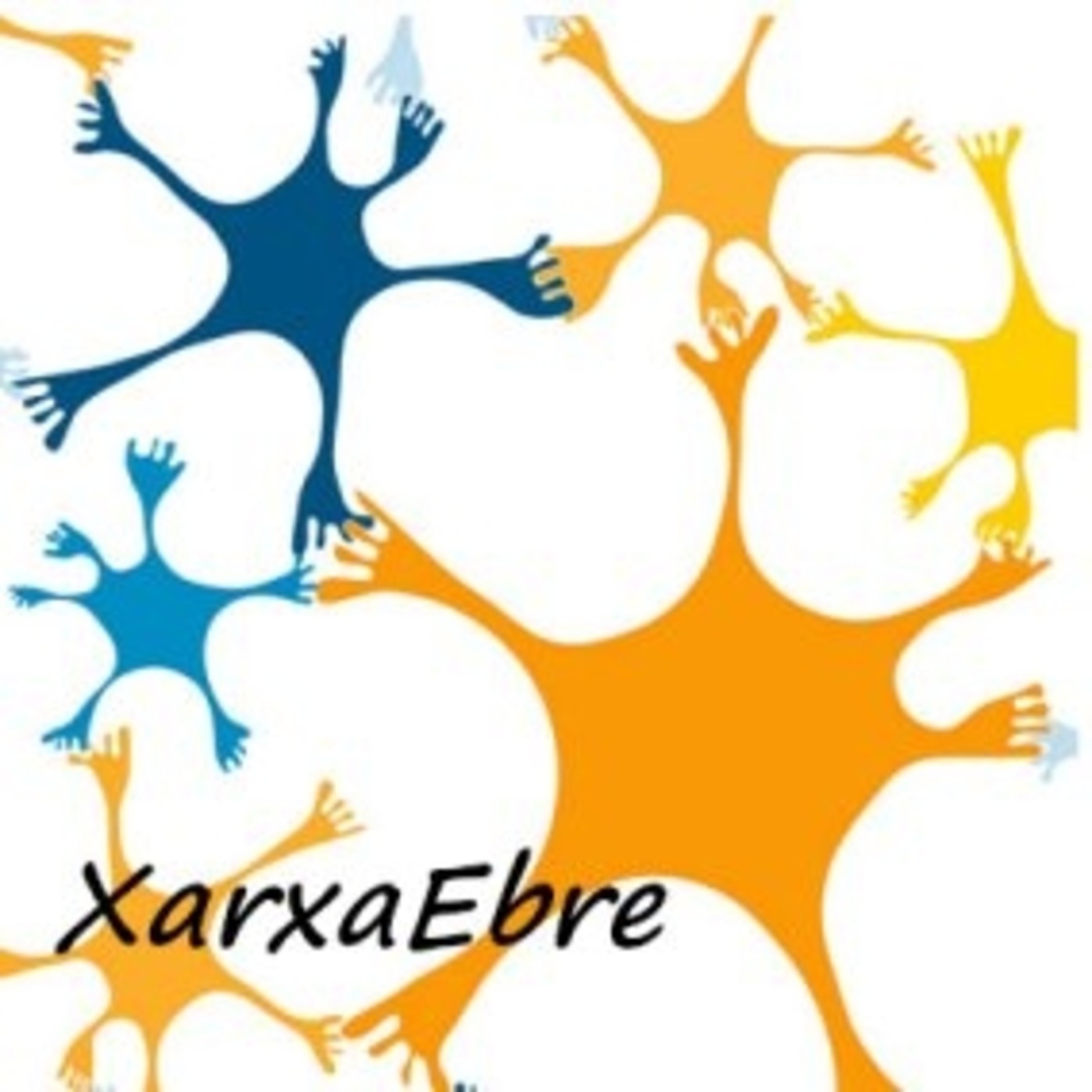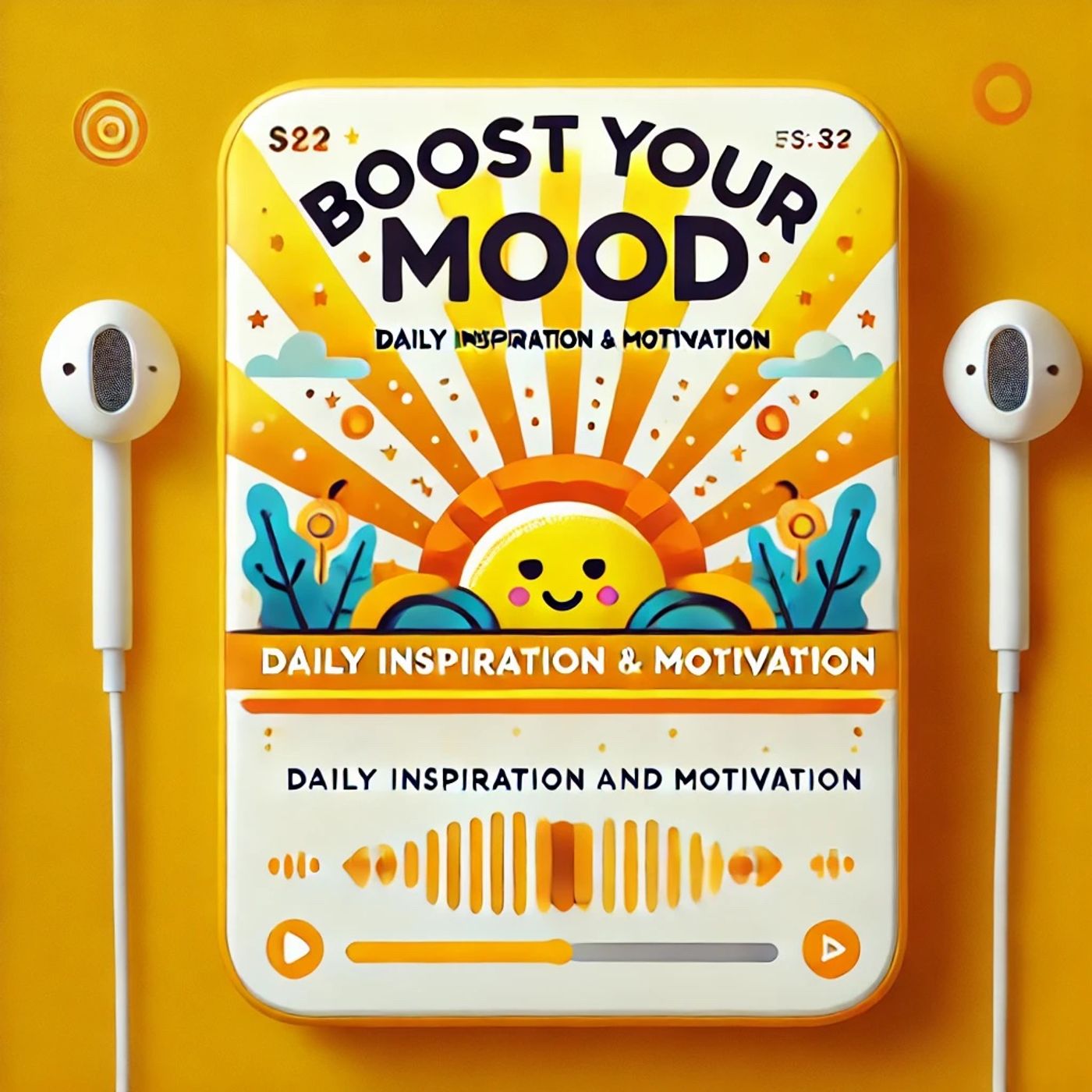Quantum Bits: Beginner's Guide: Quantum Showdown: NYU Algorithm Challenges Qubit Supremacy, but DLR Fires Back with Solid-State Spins!
Update: 2025-01-14
Description
This is your Quantum Bits: Beginner's Guide podcast.
Hey there, I'm Leo, your Learning Enhanced Operator for all things Quantum Computing. Let's dive right into the fascinating world of quantum bits, or qubits, and explore how they're changing the game.
You might have heard that quantum computing is about to revolutionize the way we process information. But what does that really mean? Well, traditional computers use digital bits (0s and 1s) to store and process data. Quantum computers, on the other hand, use qubits, which can store information in values between 0 and 1. This allows quantum computers to perform certain calculations exponentially faster than classical computers.
Recently, researchers at New York University, led by Dries Sels and Joseph Tindall, made a breakthrough in classical computing that challenges the notion that quantum computing is always superior. They developed an algorithm that can mimic quantum computing with fewer resources, essentially compressing complex information like a JPEG file compresses an image[1].
However, quantum computing still holds a lot of promise. For instance, it can factor large numbers faster than classical computing, which is crucial for modern cryptography. Quantum algorithms can take advantage of superposition, entanglement, and other features that aren't possible in classical computing[4].
But what about practical applications? The quantum computing market is expected to grow significantly, reaching $7.08 billion by 2030, with a CAGR of 31.64%[3]. Governments and private companies are investing heavily in quantum technologies, recognizing their potential to revolutionize various industries.
For example, the German Aerospace Center (DLR) has initiated projects to develop quantum computing with solid-state spins, aiming to construct models of quantum computers over four years[3]. This kind of collaboration between governments and private companies can accelerate the development and commercialization of quantum computing applications.
So, what does this mean for everyday users? Quantum computing can lead to breakthroughs in fields like medicine, finance, and climate modeling. For instance, quantum algorithms can simulate complex systems more accurately and efficiently than classical computers, which could lead to new drug discoveries or more accurate weather forecasts.
In conclusion, quantum computing is turning the corner, and it's not just about speed; it's about solving problems that were previously unsolvable. As we continue to explore the possibilities of quantum computing, we can expect to see more practical applications that benefit everyday users. That's all for now. Keep exploring, and remember, the quantum future is just around the corner.
For more http://www.quietplease.ai
Get the best deals https://amzn.to/3ODvOta
Hey there, I'm Leo, your Learning Enhanced Operator for all things Quantum Computing. Let's dive right into the fascinating world of quantum bits, or qubits, and explore how they're changing the game.
You might have heard that quantum computing is about to revolutionize the way we process information. But what does that really mean? Well, traditional computers use digital bits (0s and 1s) to store and process data. Quantum computers, on the other hand, use qubits, which can store information in values between 0 and 1. This allows quantum computers to perform certain calculations exponentially faster than classical computers.
Recently, researchers at New York University, led by Dries Sels and Joseph Tindall, made a breakthrough in classical computing that challenges the notion that quantum computing is always superior. They developed an algorithm that can mimic quantum computing with fewer resources, essentially compressing complex information like a JPEG file compresses an image[1].
However, quantum computing still holds a lot of promise. For instance, it can factor large numbers faster than classical computing, which is crucial for modern cryptography. Quantum algorithms can take advantage of superposition, entanglement, and other features that aren't possible in classical computing[4].
But what about practical applications? The quantum computing market is expected to grow significantly, reaching $7.08 billion by 2030, with a CAGR of 31.64%[3]. Governments and private companies are investing heavily in quantum technologies, recognizing their potential to revolutionize various industries.
For example, the German Aerospace Center (DLR) has initiated projects to develop quantum computing with solid-state spins, aiming to construct models of quantum computers over four years[3]. This kind of collaboration between governments and private companies can accelerate the development and commercialization of quantum computing applications.
So, what does this mean for everyday users? Quantum computing can lead to breakthroughs in fields like medicine, finance, and climate modeling. For instance, quantum algorithms can simulate complex systems more accurately and efficiently than classical computers, which could lead to new drug discoveries or more accurate weather forecasts.
In conclusion, quantum computing is turning the corner, and it's not just about speed; it's about solving problems that were previously unsolvable. As we continue to explore the possibilities of quantum computing, we can expect to see more practical applications that benefit everyday users. That's all for now. Keep exploring, and remember, the quantum future is just around the corner.
For more http://www.quietplease.ai
Get the best deals https://amzn.to/3ODvOta
Episode: https://www.spreaker.com/episode/quantum-showdown-nyu-algorithm-challenges-qubit-supremacy-but-dlr-fires-back-with-solid-state-spins--63692055
Podcast: https://www.spreaker.com/podcast/quantum-bits-beginner-s-guide--6443896
Comments
In Channel

























